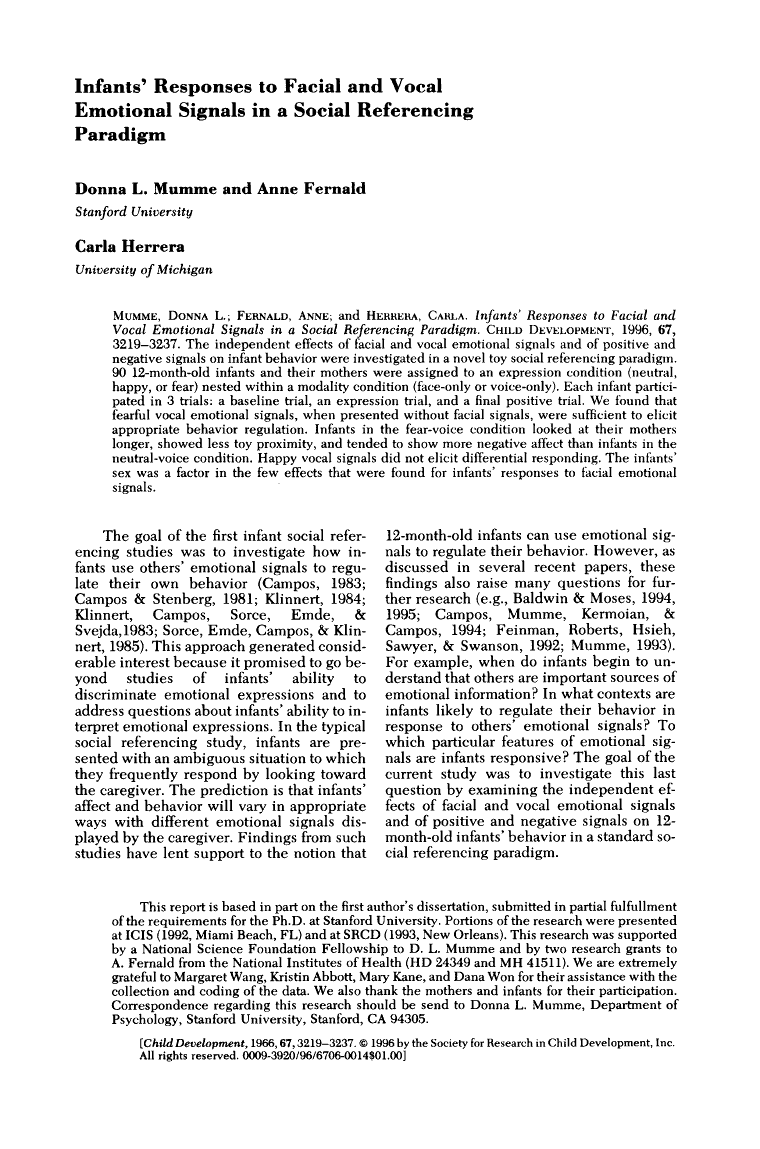Richard Bernstein Reviews 'Time, Love, Memory' (April 21)
By LEWIS WOLPERT
|


TIME, LOVE, MEMORY
A Great Biologist and His Quest for the Origins of Behavior.

By Jonathan Weiner.
Illustrated. 300 pp. New York:
Alfred A. Knopf. $27.50.

|
 hen he was a teen-ager Seymour Benzer's favorite book was ''Arrowsmith,'' by Sinclair Lewis. This is one of the very few novels in which a scientist is the hero rather than a villain; in fact, it portrays a research scientist as both imaginative and noble. Even then, in his family's basement, which he had turned into a laboratory, Benzer was looking at flies through a microscope given to him for his bar mitzvah. It was almost as if he had the genes for being a scientist; no one else in his family had ever gone beyond 12th grade. He was to become one of the founders of molecular biology and one of the world's leading geneticists.
hen he was a teen-ager Seymour Benzer's favorite book was ''Arrowsmith,'' by Sinclair Lewis. This is one of the very few novels in which a scientist is the hero rather than a villain; in fact, it portrays a research scientist as both imaginative and noble. Even then, in his family's basement, which he had turned into a laboratory, Benzer was looking at flies through a microscope given to him for his bar mitzvah. It was almost as if he had the genes for being a scientist; no one else in his family had ever gone beyond 12th grade. He was to become one of the founders of molecular biology and one of the world's leading geneticists.
''Time, Love, Memory,'' by Jonathan Weiner, is the story of Benzer's career, especially his work on genes and behavior, as well a glimpse at the history of genetics itself and how it became molecular. It is also a wonderful description of biologists at work together, with cameos of many of the leaders. Inevitably it is a little technical in parts.
Benzer has many gifts beyond cleverness. He has that special imagination and view of the world that makes a great scientist. Part of that skill is to choose the right problem and not to be put off by side issues. One of his favorite aphorisms is from the physicist Richard Feynman, on how to deal with certain difficult problems: ''We ignore them, temporarily.'' He also likes to work in the middle of the night.

Benzer has many gifts beyond cleverness. He has that special imagination and view of the world that makes a great scientist. Part of that skill is to choose the right problem and not to be put off by side issues. One of his favorite aphorisms is from the physicist Richard Feynman, on how to deal with certain difficult problems: ''We ignore them, temporarily.'' He also likes to work in the middle of the night.

Benzer began as a physicist, but then a friend gave him a copyright of ''What Is Life?,'' by the famous physicist Erwin Schrüdinger. This led him to take a course in the genetics of viruses that infect bacteria and he was instantly converted to biology, specifically to genetics.
The modern theory of the gene comes from Thomas Hunt Morgan's study of the fruit fly Drosophila a hundred years ago. Most fruit flies have red eyes but occasionally some appear with white ones. Morgan identified the gene that caused the fly's eye to become white as being on a particular chromosome -- and so began what would very much later become the Human Genome Project, the molecular characterization of all our genes and where they are. Shortly after Benzer entered biology, James D. Watson and Francis Crick discovered the double helix of DNA, and what was needed was to connect their studies with the classical maps of the genes started by Morgan. That Benzer did brilliantly, focusing in great detail on a single region of virus DNA; he discovered the fine structure of the gene and how it could change by mutations. He discovered mistakes in a gene -- deletions and insertions, rather like the typos we all come across.
In 1963 Benzer began thinking and reading about the inheritance of behavior. Genes were to be his foundation stones. He spent some time in the laboratory of Roger Sperry, famous for his work on the split brain and for discovering how neurons find their way from the eye to the right location in the brain during its development. To study the kind of animal instincts that most biologists investigate in the wild, Benzer gathered fruit flies. When he put flies in a test tube and aimed one end at a light he found that some raced toward it but others did not. Was there a genetic basis for the difference in their behavior? Following in the footsteps of his colleague Edward Lewis, whose work on the genetics of fly development earned him a Nobel Prize, Benzer created fly mutants by treating them with chemical agents and then studied their behavior.

Dickson Sorensen/ Alfred A. Knopf |
Jonathan Weiner
|
He established a fly lab to which many students came. They, like Benzer, were adventurous and, like Arrowsmith, contemptuous of a careerist path in science. They made tremendous progress and ignored criticism that flies could tell nothing about animal, let alone human, behavior. It was from this work that a gene controlling the flies' sense of time was discovered. Flies have a daily rhythm. But Benzer and his students found flies that woke up late and others that were insomniacs. They had discovered a clock gene. This same gene also turned out to control the rhythm of their love songs. By isolating and cloning the DNA of the gene they could inject it into another fly species and so convert its song to that of the flies from which they had obtained the DNA.
Then they discovered a gene that they called ''fruitless.'' Its mutant form caused male flies to ignore females and form long chains of similar males winding around their test tube hour after hour. They found that flies could learn to avoid an electric shock and located genes that improved a fly's memory. All this required devotion, hard work, imagination, great technical skills and patience. But these alone do not lead to success; after all, the physicist and biologist Max Delbrck, a Nobel laureate, spent years trying to understand how a fungus tilts toward the light but made little progress. The fly has many virtues.
There was then, and there still is, some hostility to the idea that genes control our behavior. Such views fluctuate in bizarre ways: there was opposition in the 1970's to intelligence being controlled by genes, but now, with the advent of cloning, many proclaim that a cloned individual will be identical in every respect to the original person. This is a total reversal of opinion rarely commented on. Flies seemed remote, so Benzer's lab was largely protected from controversy; he did not get the opprobrium poured -- in one case physically -- on E. O. Wilson when he published ''Sociobiology.'' Whether or not there are genes that predispose one to certain behaviors -- being gay, for instance -- is neither good nor bad. Reliable science is value free. Ethical issues only arise when theory is applied in a way that affects someone's life.
Recently, after Benzer's 77th birthday, his lab discovered a fly that lives much longer than usual and called it methuselah. It seems a fitting present for a scientist who still works late into the night and loves the smell of fly food. Of course, there is still a long way to go in understanding how genes control our lives but his contribution is enormous. And one should remember that evolution is rather lazy; once it finds clever ways to make animals function it uses them again and again. We are similar to flies in many ways, and understanding their behavior will help us understand our own. ''Time, Love, Memory'' is a lovely book about a lovely scientist.
Lewis Wolpert is a professor of biology at University College, London. His books include ''Triumph of the Embryo'' and ''The Unnatural Nature of Science.''




Return to the Books Home Page








 hen he was a teen-ager Seymour Benzer's favorite book was ''Arrowsmith,'' by Sinclair Lewis. This is one of the very few novels in which a scientist is the hero rather than a villain; in fact, it portrays a research scientist as both imaginative and noble. Even then, in his family's basement, which he had turned into a laboratory, Benzer was looking at flies through a microscope given to him for his bar mitzvah. It was almost as if he had the genes for being a scientist; no one else in his family had ever gone beyond 12th grade. He was to become one of the founders of molecular biology and one of the world's leading geneticists.
hen he was a teen-ager Seymour Benzer's favorite book was ''Arrowsmith,'' by Sinclair Lewis. This is one of the very few novels in which a scientist is the hero rather than a villain; in fact, it portrays a research scientist as both imaginative and noble. Even then, in his family's basement, which he had turned into a laboratory, Benzer was looking at flies through a microscope given to him for his bar mitzvah. It was almost as if he had the genes for being a scientist; no one else in his family had ever gone beyond 12th grade. He was to become one of the founders of molecular biology and one of the world's leading geneticists.









No comments:
Post a Comment